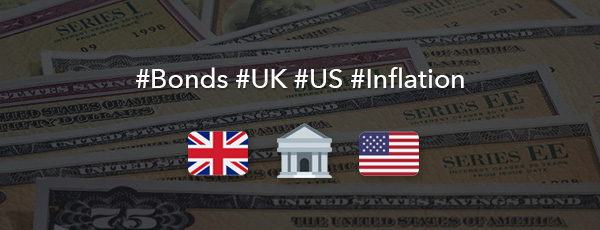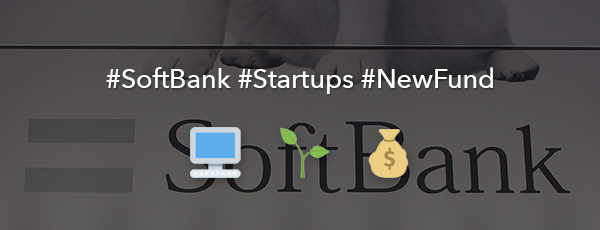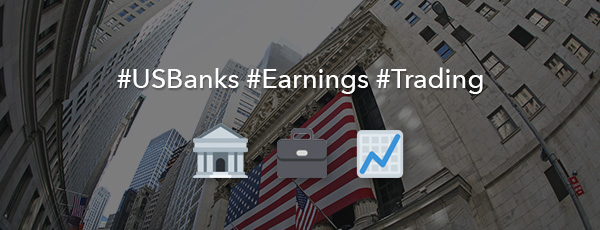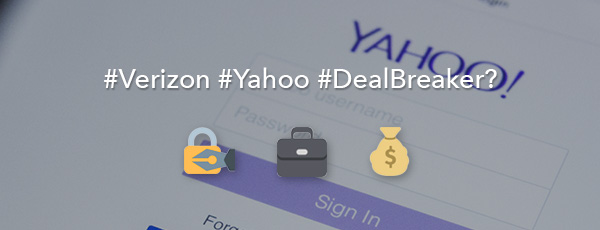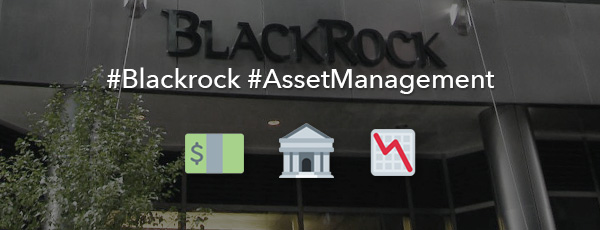
Image source:
What's going on?
Blackrock, the world’s biggest investment manager, highlighted a huge trend for its industry when it reported its latest financial results on Tuesday…
What does this mean?
Blackrock announced that it now manages more than $5 trillion, which is an absolutely mammoth amount (most investment managers are considered really big when they manage hundreds of billions). But the large figure is somewhat misleading because about two-thirds of the money it manages is designed to simply track the average performance of a particular part of the market (e.g. US stocks). Fees for these “index trackers” are typically much lower than fees that managers charge to actively choose stocks and/or bonds that they think will outperform the broader market. For that reason, Blackrock’s revenue declined even though the amount of money it manages increased.
Why should I care?
For the market: “The asset management industry is facing some really large head winds.”
So said Blackrock’s CEO (according to Bloomberg) – and he would know! Like any industry, in order to protect profits in the face of declining revenues, companies typically look to cut costs. Blackrock’s costs fell 3.5% versus a year ago, primarily because it decreased compensation for its staff. Some investment managers, like Janus and Henderson, are merging (or buying one another) in an effort to decrease overlapping costs. These are not the signs of a growing industry.
For you personally: What’s bad for investment managers is, quite possibly, good for you.
Empirical evidence consistently shows that a significant majority of “active” investment managers (those who pick individual stocks and bonds) perform worse compared to “passive” managers that simply try to track the market. The low cost of “tracking” funds has a lot to do with this (since fees are deducted from investors’ returns, lower fees mean higher returns, all else being equal). There are still issues with implementing “tracking” strategies, like choosing which markets to track (e.g. stocks versus bonds, domestic versus international), but tracking funds have hugely increased in popularity for some very good reasons.
Originally posted as part of the Finimize daily email.
The top 2 financial news stories in 3 minutes. Join over one million Finimizers

